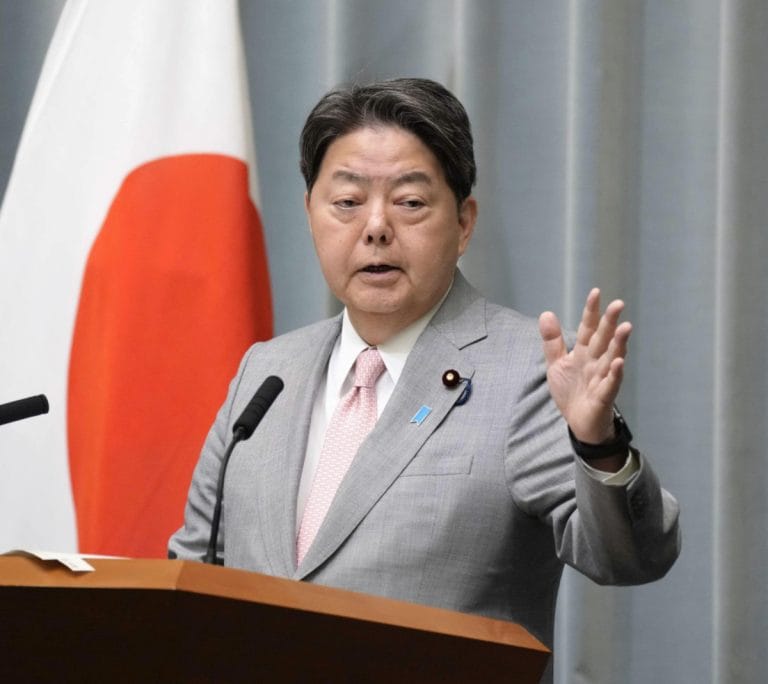🎧 Listen to This Article
Japanese Prime Minister Shigeru Ishiba has decided against cutting the consumption tax rate despite growing pressure from opposition parties, coalition partners, and even members of his own ruling Liberal Democratic Party (LDP), sources confirmed Friday.
Facing stubborn inflation and economic uncertainty heightened by U.S. tariffs under President Donald Trump, calls for tax, particularly on food items, intensified ahead of this summer’s House of Councillors election.
However, Ishiba remains firm. According to officials familiar with his thinking, the prime minister has already informed senior government leaders that a tax cut is off the table, citing the need to preserve fiscal space and maintain support for Japan’s heavily burdened social security system.
Currently, Japan imposes a consumption tax of 8% on food and beverages and 10% on most other goods and services.
Chief Cabinet Secretary Yoshimasa Hayashi reiterated the government’s stance at a press conference: “Given that consumption tax revenue is designated as an important source to support the social security system for all, we think it’s inappropriate to reduce it.”
Still, internal political tensions are rising. While the LDP remains cautious, its junior coalition partner, Komeito, has proposed a temporary tax cut on food items to ease household burdens.
Meanwhile, the opposition Constitutional Democratic Party, led by former Prime Minister Yoshihiko Noda, has called for a one-year suspension of the consumption tax on food, urging immediate relief measures: “Are we really OK without taking new measures?” Noda asked publicly.
Within Ishiba’s party, dozens of lawmakers are advocating for bolder fiscal action, including making food and beverage purchases permanently tax-free.
Japan faces tough choices. Its fiscal health ranks as the worst among advanced economies, and roughly one-third of the national budget is already dedicated to social security spending, such as pensions and medical care.
The last time the consumption tax was increased from 8% to 10% in 2019government leaders promised the added revenue would shore up the social safety net. That promise continues to weigh heavily on current fiscal policy discussions.
The ruling coalition is now working to finalize a new economic package before the upcoming election, but a broad-based tax cut won’t be among the proposals.
For further details, clarification, contributions, or any concerns regarding this article, please get in touch with us at editorial@tax.news. We value your feedback and are committed to providing accurate and timely information. Please note that our privacy policy will handle all inquiries.



